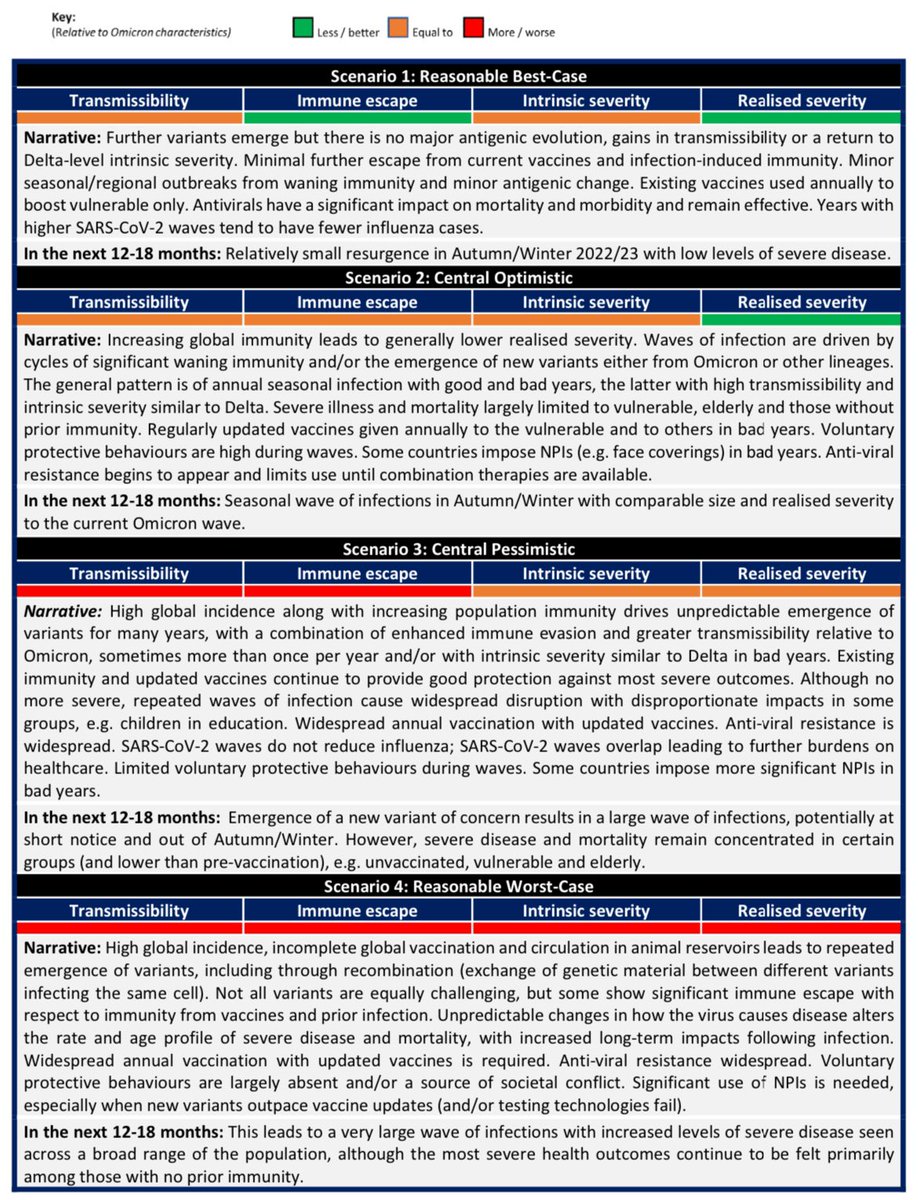
I did an interview the other day in which I was asked when WA’s omicron wave will peak. Naturally, it’s something most people want to know, but in retrospect I think it’s the wrong question. Instead, we should ask how we can minimise the impact of the current and future waves. 

The omicron wave won’t be the last. Why would it be? Look at the UK: the first wave of the original strain was followed by the alpha variant, then the delta variant, omicron BA.1, and now omicron BA.2. An average of ~100 people continue to die per day.
coronavirus.data.gov.uk
coronavirus.data.gov.uk
We can expect more waves in future, driven by waning immunity and/or the emergence of new variants.
If we allow high levels of transmission, we create the conditions for new variants to emerge. It’s a never-ending cycle, which harms lives and livelihoods.
If we allow high levels of transmission, we create the conditions for new variants to emerge. It’s a never-ending cycle, which harms lives and livelihoods.
https://twitter.com/drzoehyde/status/1492775840140394497?s=21
I don’t think we’ll ever eradicate SARS-CoV-2, so we need to ask how we can reduce the risk of new variants emerging and their associated impact. The answer is to slow transmission, primarily with measures that clean the air.
Masks (N95, P2/FFP2, KF94) also have a role to play.
Masks (N95, P2/FFP2, KF94) also have a role to play.
We need to improve ventilation in our workplaces, schools, shops, restaurants, gyms and bars. This means modifying ventilation systems to bring in more fresh air from outside, opening windows, and cleaning the air with HEPA filters.
https://twitter.com/sarahspencertw/status/1501482666558095361?s=21
These kinds of measures don’t negatively affect freedom. No one is inconvenienced by better ventilation.
Sooner or later we’ll have to make these changes. Let’s skip the unnecessary hospitalisations, long COVID, and deaths, and start working on the solution: #VaccinesPLUS.
Sooner or later we’ll have to make these changes. Let’s skip the unnecessary hospitalisations, long COVID, and deaths, and start working on the solution: #VaccinesPLUS.
• • •
Missing some Tweet in this thread? You can try to
force a refresh









